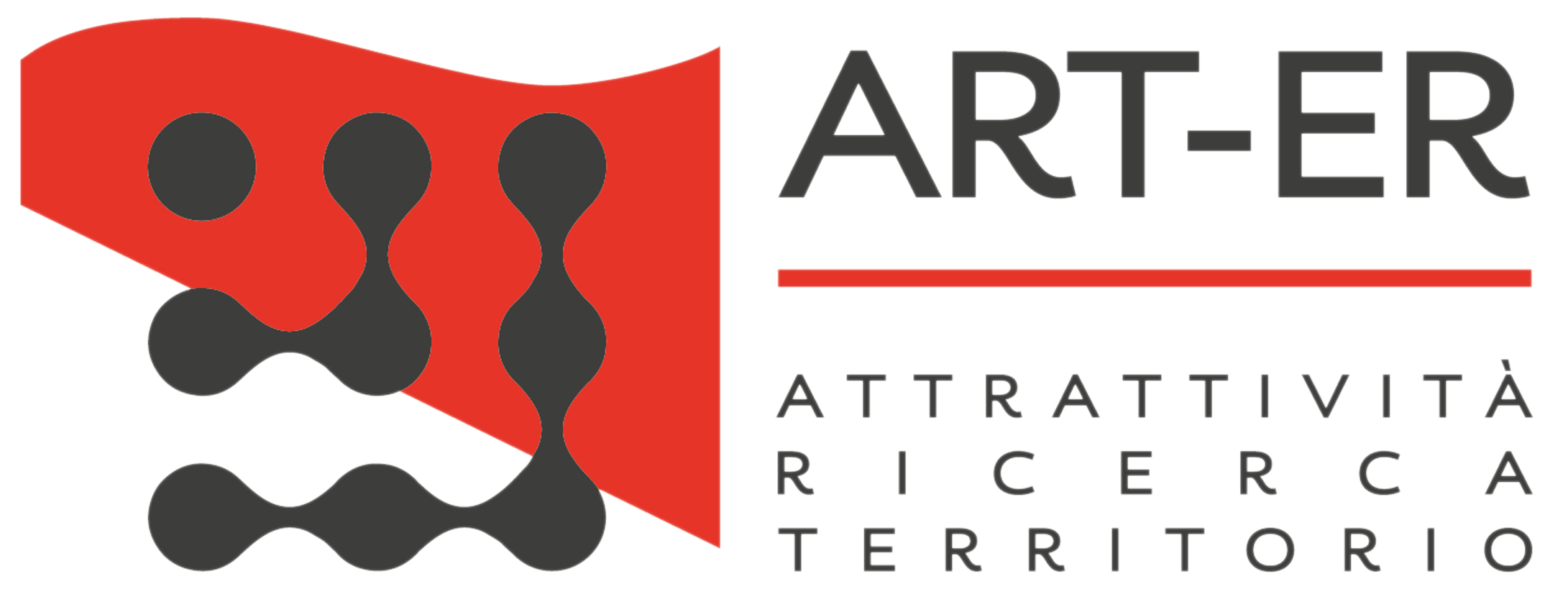EUROPEAN PROJECTS
BIOMATDB brings gender equality at the heart of R2B 2024
On Wednesday 26 and Thursday 27 June, Research to Business (R2B), the regional event dedicated to the world of innovation that brings together ideas and projects from all areas of development, took place.
The 2024 edition had as its main theme the three fundamental pillars of sustainable development: policy, people and partnership. This event saw the participation of numerous innovation players, such as the regional Clust-ERs, Technopoles and research laboratories, which promoted a rich programme of activities and workshops.
Gender Equality workshop
The ‘Gender Equality’ workshop, held on Wednesday 26 June, was supported by the European project BIOMATDB and organised by Clust-ER Health, which chose to address the topic of gender equality within the world of research and innovation. The three key words of the edition were the starting point for this meeting:
- People: the focus was on those for whom care and services are designed, but also on those who are engaged in the front line of these activities.
- Partnership: the importance of networks, alliances and collaborations was emphasised as crucial for the exchange of best practices and innovation with significant impact, citing projects such as BIOMATDB and DEBUTING.
- Policy: the need to translate knowledge and experiments into concrete actions for the scientific community and citizens.

During the workshop, the importance of greater inclusion of the gender dimension in scientific research was analysed. It was discussed how such inclusion can improve the quality of research and equity in access and effectiveness of innovations, both from the point of view of the researchers and the end users of the designed solutions.
Strategies were presented to integrate gender and inclusion perspectives into research teams, clinical practices and innovation, promoting a more equitable and balanced approach in the design of new health solutions. This was made possible through collaboration with associations such as WeWomEngineers and Inclusione Donna, which emphasised the importance of networking and raising awareness through collaboration with female medical professionals.
The interventions were given by:
- Valeria Raparelli, Sapienza Università di Roma
- Rossella Tomaiuolo, WeWomEngineers
- Luigi Palestini, Regione Emilia-Romagna
- Claudia Ferrigno, ART-ER S. cons. p. a.
- Clémence Foltz, Clust-ER Health – Emilia-Romagna
The workshop was moderated by Nicole Ticchi of the Clust-ER Health – Emilia-Romagna.

Bridging the gender gap using the BIOMATDB tools
The BIOMATDB project, of which Clust-ER Health is a partner, aims to develop an advanced database and an information marketplace for biomaterials, as well as a biocompatibility label.
The BIOMATDB database can reduce gender imbalance by providing researchers, clinicians, and developers with up-to-date information on biomaterials and medical devices used in women’s health, enabling searches for sex-specific performance data. The database’s design enables to highlight gender-specific information such as biocompatibility tests and outcomes, aiming to identify literature gaps crucial for preclinical and clinical trial stages. Standardised data entry, automated extraction tools, and tailored user interfaces will facilitate efficient exploration of biomaterials in reproductive tissues and female-prevalent pathologies. Addressing historical biases in clinical trials, BIOMATDB aims to improve biomaterial selection and safety in women’s medical applications by integrating sex-specific information into the product development process.
The BIOMATDB marketplace offers lay language texts, advanced search capabilities, and user-friendly interfaces to inform researchers, patients, and clinicians about biomaterials and medical devices tested for both sexes or specifically in women. This encourages the development of effective treatments for women and aids clinical decision-making, allowing easy access to approved medical devices and empowering women to make informed health decisions.
If you would like to read more information about the project, please visit the BIOMATDB project website or register to the newsletter.

Funded by the European Union. Views and opinions expressed are however those of the author(s) only and do not necessarily reflect those of the European Union or the European Health and Digital Executive Agency (HADEA). Neither the European Union nor the granting authority can be held responsible for them.




